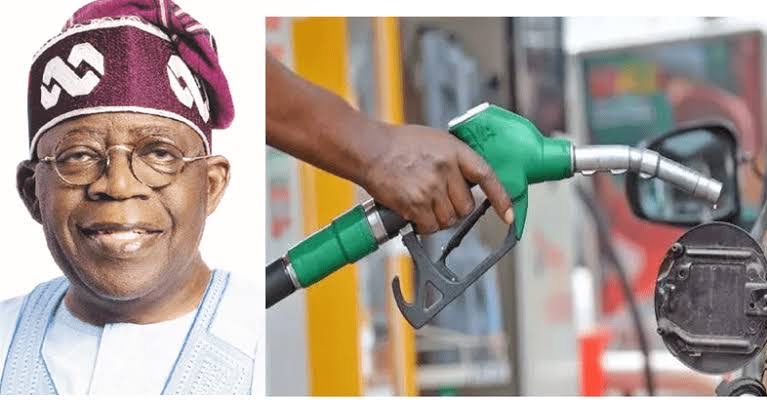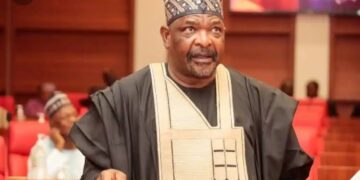Economist and public affairs analyst Dr. Samson Simon is advising the Federal Government against completely removing petrol subsidies. He reacted to recent comments made by Aliko Dangote, Chairman of Dangote Group, who suggested that the government should eliminate subsidies altogether.
While the idea of removing subsidies has been debated widely, Dr. Simon argues that now is not the right time for such a drastic measure, particularly because Nigeria currently lacks sufficient local oil refining capacity.

In an exclusive interview, Dr. Simon explained that although the removal of subsidies may appear beneficial in theory, past attempts have shown negative outcomes. “We have tried to remove subsidies and failed, leading to significant pain for the public, while we still end up spending more on subsidies,” he stated. He emphasized that this indicates deeper issues within the system that need addressing.
Dr. Simon highlighted the importance of domestic refining capabilities, arguing that without a robust local refining infrastructure, removing subsidies would likely lead to increased fuel prices. “We need to focus on improving domestic refining and supply,” he stressed. He believes that relying solely on Dangote’s operations poses a risk, as the company is driven by profit motives and could create a monopolistic environment.
The economist also cautioned against allowing monopolies to thrive in the market, suggesting that competition is essential for fair pricing. “There should be competition in the market,” he noted. He drew parallels with the cement industry, where Dangote controls a significant share.

Although other manufacturers exist, the dominance of one player can lead to higher prices for consumers. “One of the things defining a monopoly is not necessarily having a sole supplier but rather a dominant supplier,” he explained. This situation can lead to consumers feeling the financial burden, particularly if prices remain above global averages.
Dr. Simon emphasized that while the government should support Dangote, it should not become overly reliant on any single entity. “If we allow Dangote to be the only player in this sector, all of us will feel the pain,” he warned. He urged the government to encourage competition among various players in the oil industry to avoid repeating past mistakes.
Moreover, he proposed that while pursuing the removal of subsidies, the government should also explore ways to lower fuel prices. “Removing subsidies and lowering prices are not mutually exclusive,” he stated. He believes that strategic initiatives can be developed to achieve both objectives simultaneously.
To address these challenges, Dr. Simon advocated for a focus on domestic production and refining capacity, which could ultimately lead to a more stable and affordable fuel market. “If we can develop our domestic refining capabilities and ensure a steady supply, we can fix the underlying issues,” he concluded.
By prioritizing these strategies, Nigeria can create a more sustainable fuel industry that benefits all citizens, rather than risking increased hardship through a sudden removal of subsidies.



































